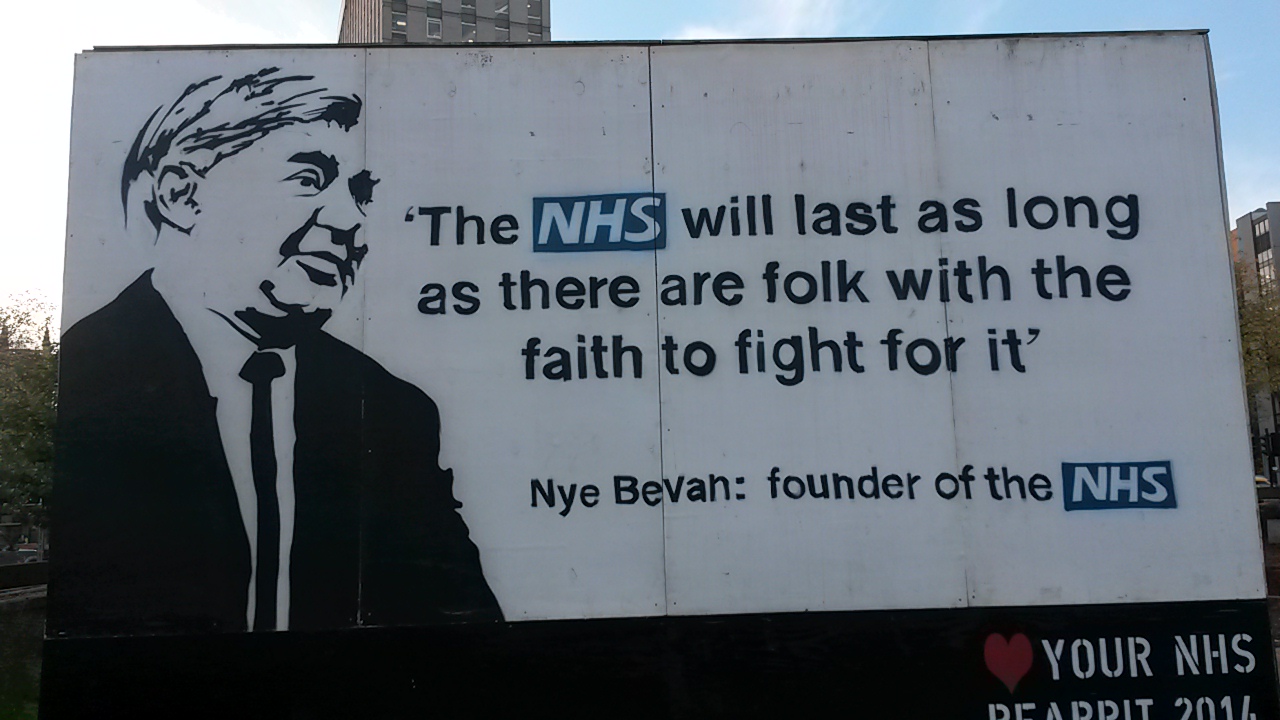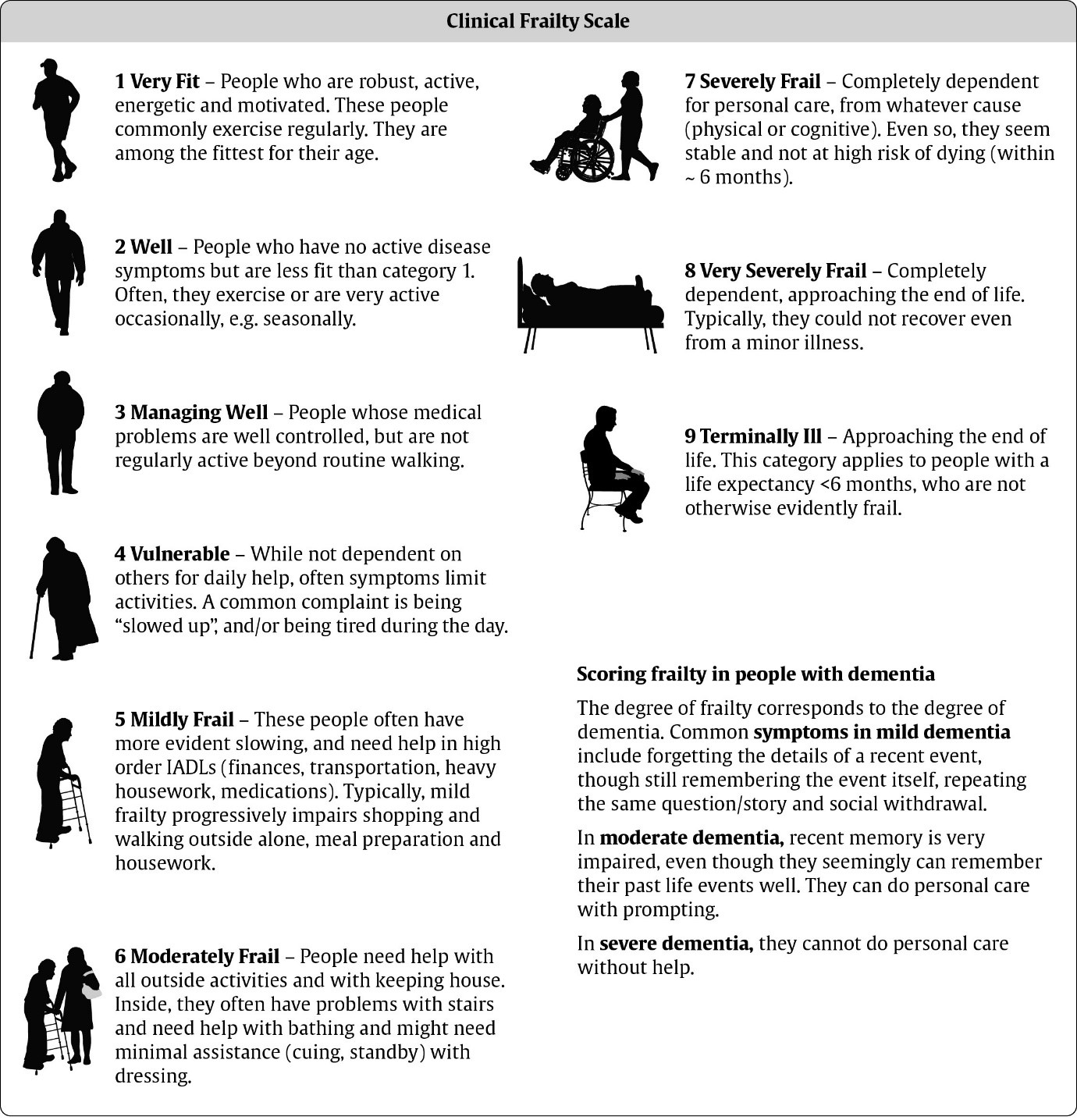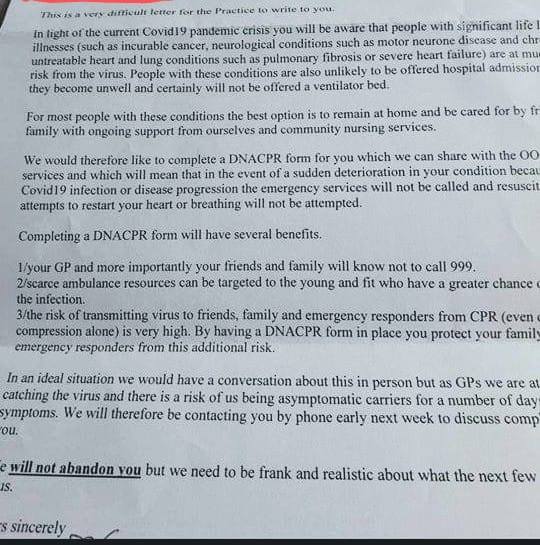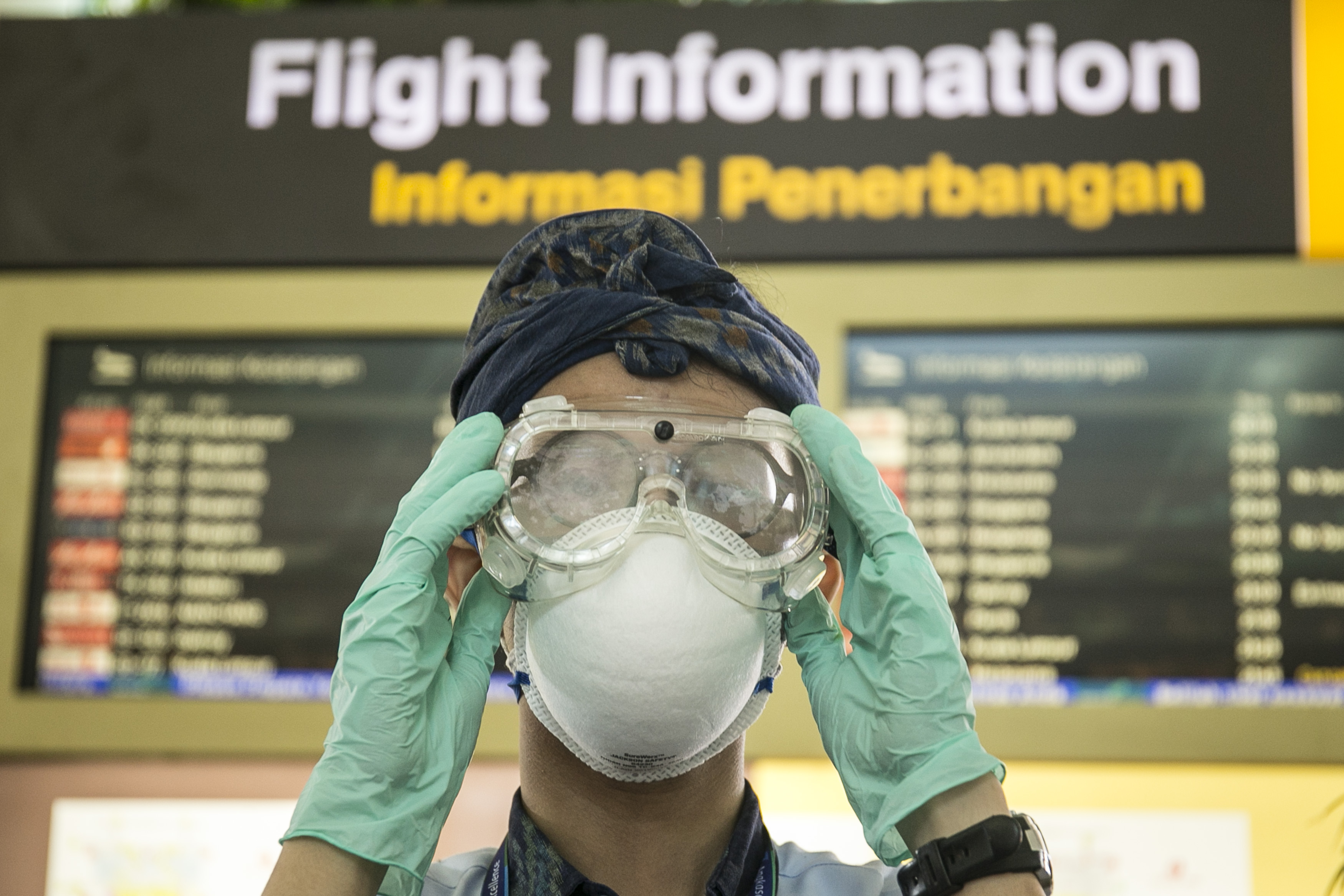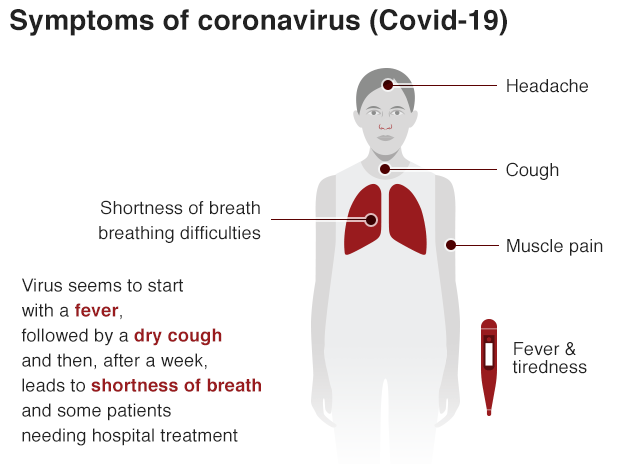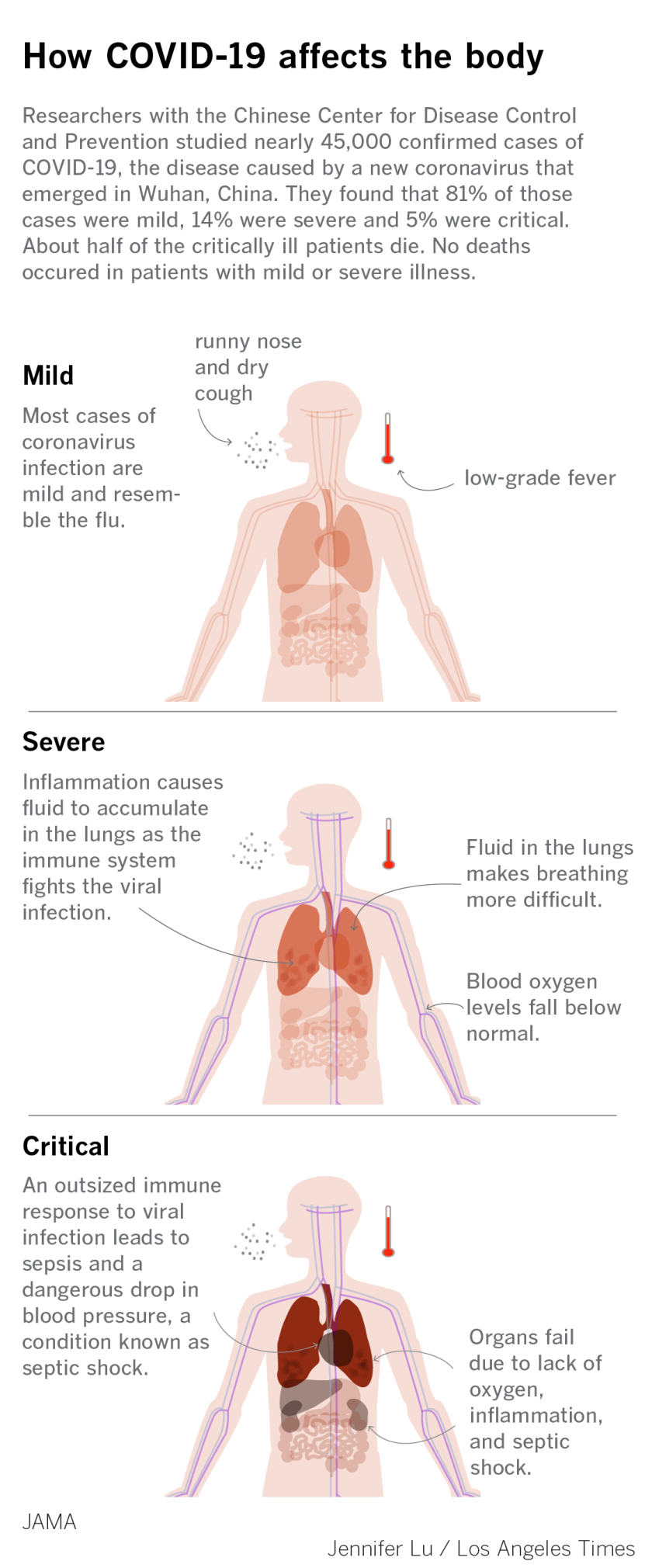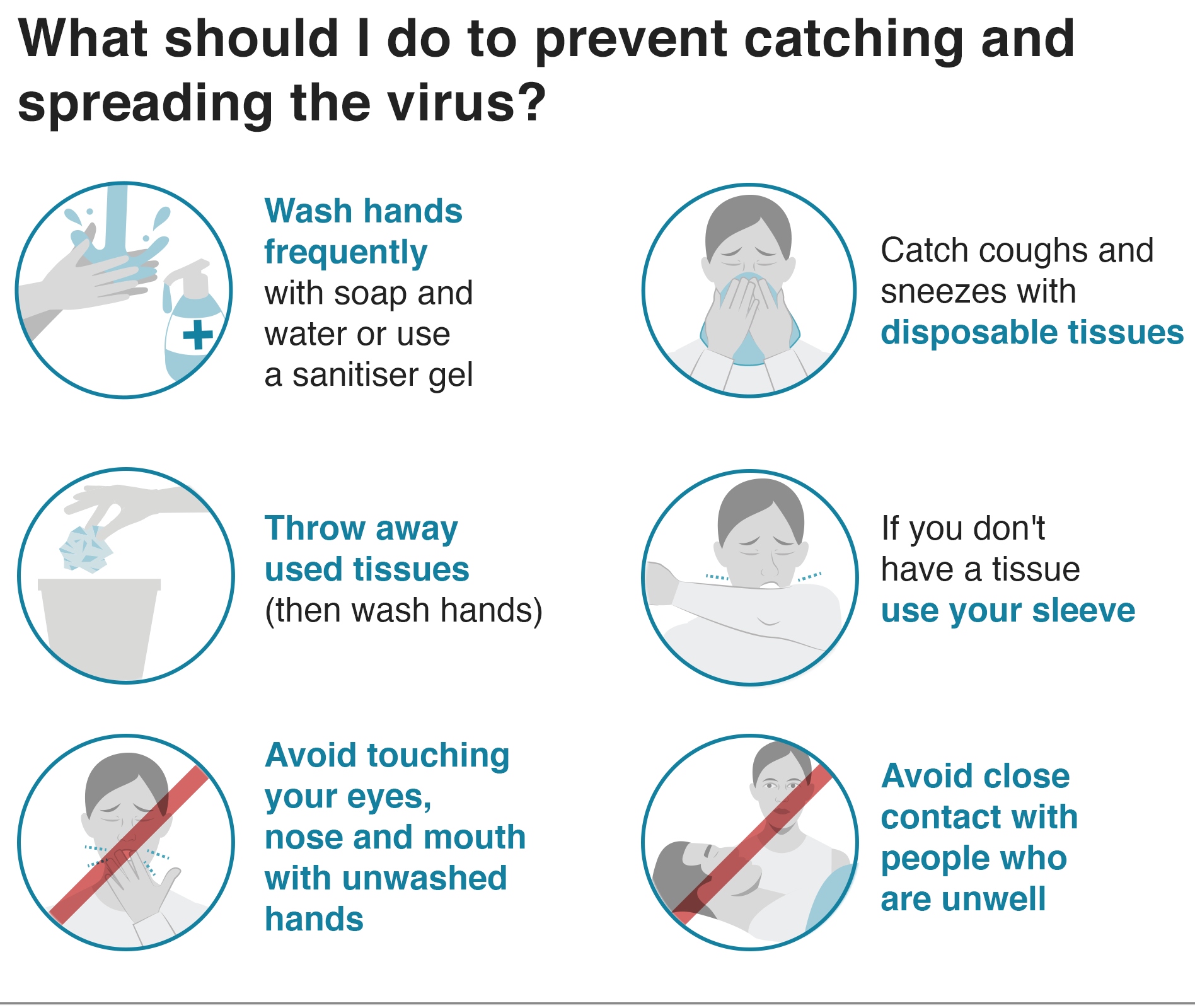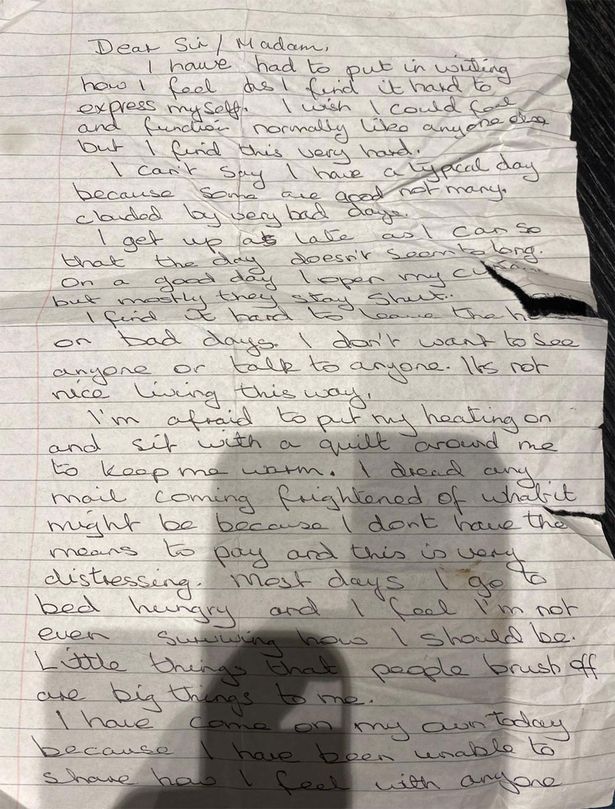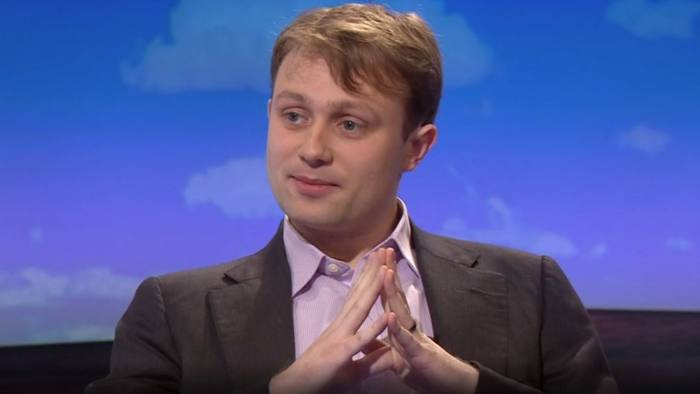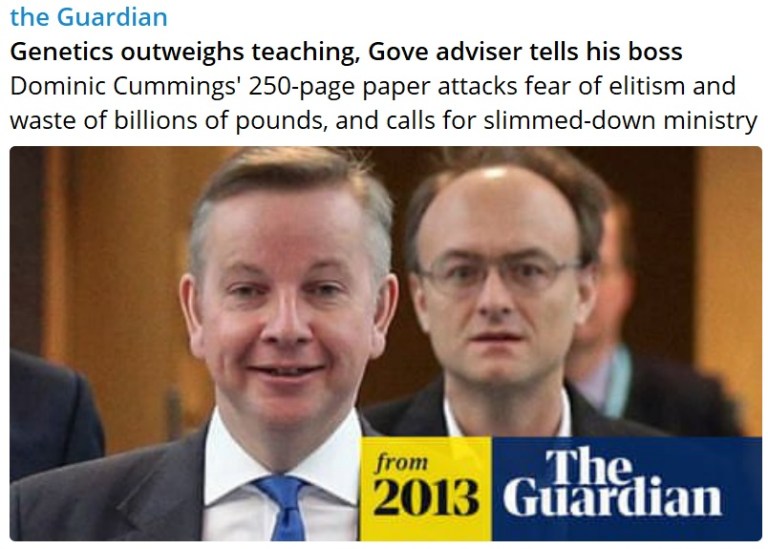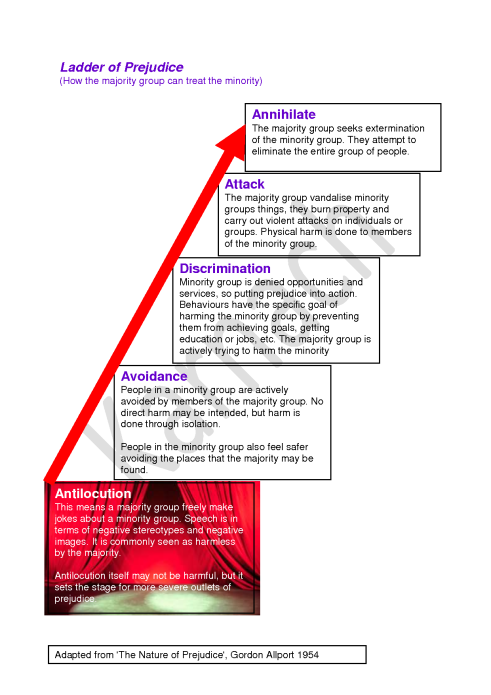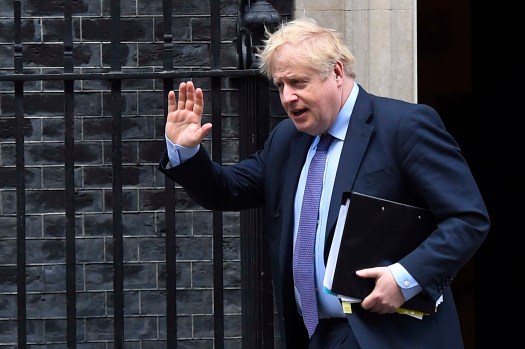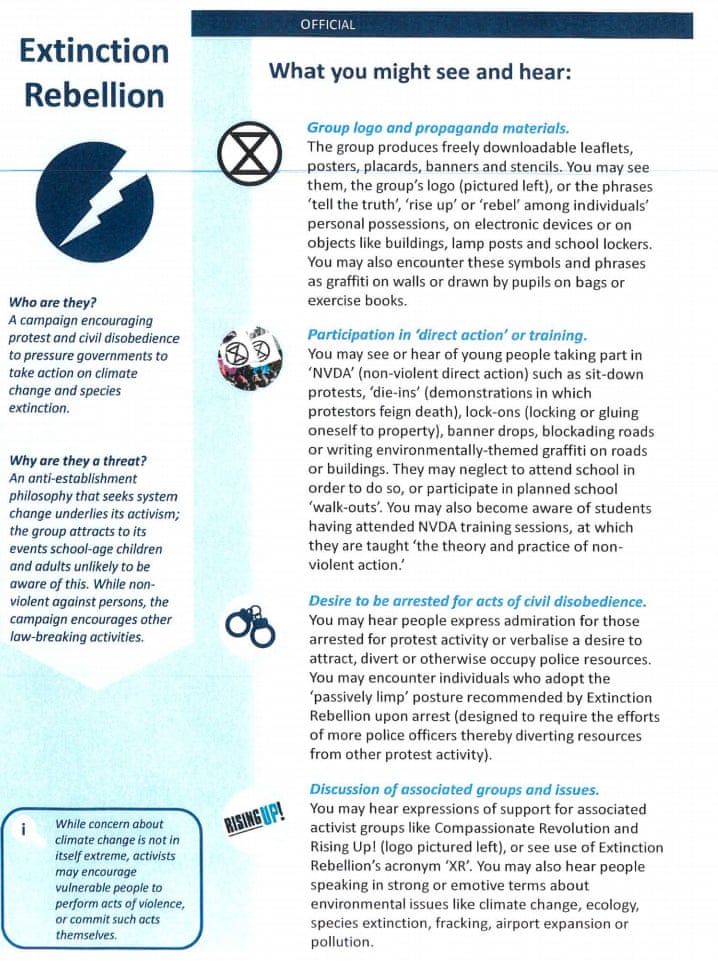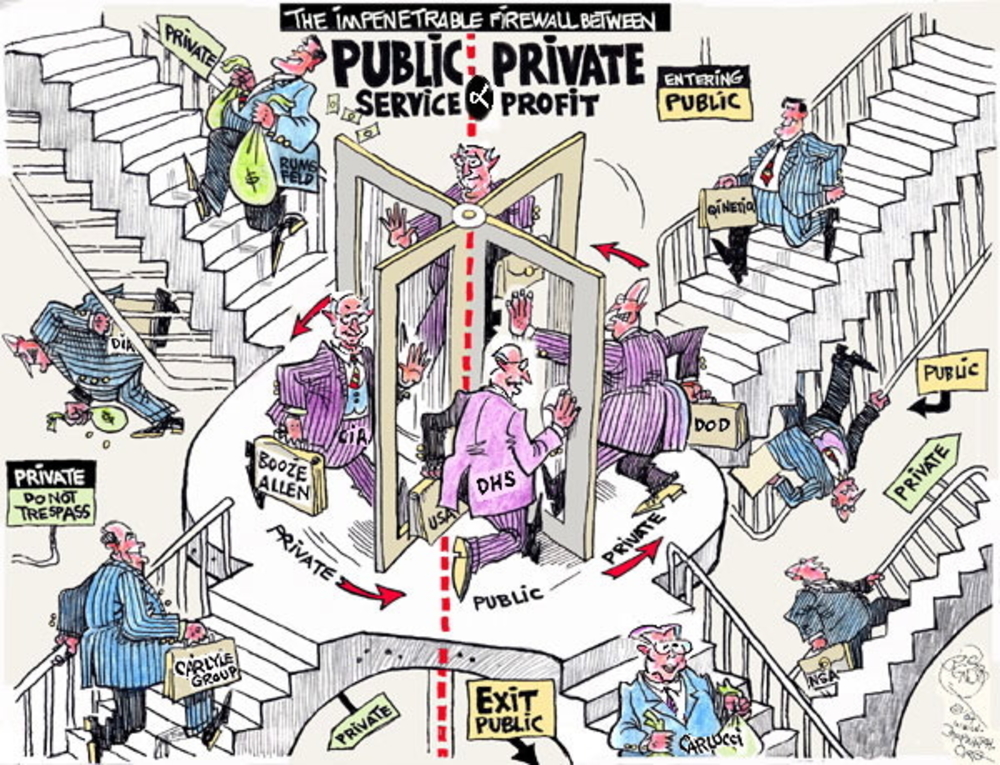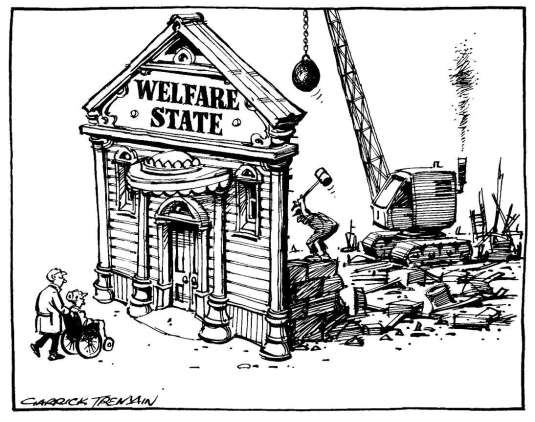
In 2017, I wrote an article about the Still Face Paradigm, and the decline of empathy in Neoliberal societies. It was about Edward Tronick’s Still Face experiment, in part. Tronick is an American developmental psychologist at the University of Massachusetts, Boston. His studies illuminate the importance of trusting, positively communicative relationships and consistently caring human responses in ensuring the well-being, development and learning of children.
Tronick’s experimental design was very simple: mothers were asked to play as they usually would with their six-month-old infants. The mothers were then instructed to suddenly blank their face: to ignore their babies, and to make their facial expression flat and neutral – completely “still” – and to do so for three minutes, regardless of her baby’s demand and activity. Mothers were then told to resume normal play. The design came to be called the “still face paradigm.”
The study demonstrated that when the connection between an infant and caregiver is broken, the infant tries to re-engage the caregiver, and then, if there is no response, the infant withdraws – first physically and then emotionally. Recent studies have found that four-month-old infants, when re-exposed to the “Still Face” two weeks after the first time, show rapid physiological changes that were not present when they were exposed to it the first time.
“As a metaphor for adult life in contemporary neoliberal societies, the “still face” paradigm—the helplessness intrinsic to it and the breakdown of empathy that lies at its foundation—aptly describes the experience of many people as they interact with the most important institutions in their lives, including government.
“And, as with Tronick’s babies and their mothers, when our social milieu is indifferent to our needs and inattentive to our suffering, widespread damage is done to our psyches, causing distress, anger, and hopelessness. Such inattention and wilful neglect leads to anxiety about our status and value, and a breakdown of trust in others.”
Neoliberalism scripts social interactions that are founded on indifference to others, tending to be dehumanising, adversarial and hierarchical in nature, rather than social and cooperative. Neoliberalism is the antithesis of the responsive, animated human face; of collectivism, mutual support, universalism, cooperation and democracy. Neoliberalism has transformed our former liberal democracy into an authoritarian “still faced” state that values production, competition and profit above all else; including citizens’ lives, experiences, freedoms, well-being, democratic inclusion and social conditions that support all of this.
The political, cultural, behavioural and psychological process that legitimise neoliberal “small state” policies, such as the systematic withdrawal of state support for those adversely affected by neoliberalism, also serve to justify and sustain inequality. By stigmatising the poorest citizens, a “default setting” is established regarding how the public ought to perceive and behave towards politically demarcated outgroups. That default setting is indifference to the plight of others.
I thought of the article again recently when someone got in touch to tell me about his dehumanising experiences with the utterly indifferent, still face of the Department for Work and Pensions.
Finn’s Experiences of the State’s ‘Still Face’
Finn is vulnerable. He has mental health disabilities. In 2019, Finn’s mother died suddenly. At the time, Finn was claiming Universal Credit. He was extremely distressed and the bereavement exacerbated his mental illness. The DWP were fully aware that Finn has serious mental health problems. However the DWP’s communication with him via Finn’s online journal was extremely depersonalizing and utterly devoid of any acknowledgement and understanding of his circumstances and profound distress.
Finn told me “Despite been aware of my mental health problems, the DWP often totally ignored me, did not respond to any of my calls, ignored journal entries, and when they did occasionally reply to journal entries, it was with completely the wrong information.”
He added “On one occasion when I told the DWP that I was literally ‘begging for their help’ and said I needed advice from them, as my dealings with them were making my mental health much worse, I was told by the advisor to ‘Google Minds’.”
That was the shocking sum total of the ‘support’ Finn received.
In May, 2022, Finn told me the DWP contacted him regarding an alleged ESA overpayment of a thousand pounds. Despite the fact that the DWP was fully aware of Finn’s vulnerability, he received no support on this issue at all.
Finn asked the DWP to waive the amount, on the grounds of the severe impact it was having on his already serious mental health issues.
The DWP can agree to waive (write off) overpayment in exceptional circumstances, where recovery action will result in severe welfare issues. The DWP should, according to their own guidelines, look at whether the recovery of the debt is impacting your health or that of your family, and also, if recovery would cause financial hardship.
Despite the huge amount of medical evidence Finn submitted, the DWP not only point blank refused to waive the overpayment, they also refused to clearly communicate the reasons for their decision to Finn.
He did speak with a Customer Compliance Officer (CM) at one point, and was told by an advisor that the DWP have a 6 point plan in place to safeguard and protect claimants who have mental health disabilities, and he was actually told “We have failed you, as I can see that we did not ever initiate the 6 point plan for you.”
Finn has also told me that his mental health disabilities mean that he cannot cope at all with uncertainties, the unknown, nor can he deal with a lack of communication. He suffers from severe anxiety and panic attacks, which have been hugely exacerbated during his extremely difficult and dehumanising dealings with the DWP. Despite informing the DWP consistently of his vulnerable mental state, and asking to be kept informed and updated with progress on his case, the DWP didn’t take any of this into consideration, and the lack of communication on their part brought Finn to a crisis point.
He said that since 2019, the DWP have been the major cause of a significant and often life limiting impact to his physical health, mental health, state of mind, well being and safety. He has written to the DWP many times and they have completely ignored his letters, which clearly expressed his severe distress.
Throughout 2022, Finn continued to contact the DWP. He found the whole experience utterly harrowing. He told me “To date, since May 2022 I have emailed the DWP over 500 times regarding my overpayment case and in every email I have explained the devastating impact their actions are having on my mental health. The DWP have not once referenced my mental health issues in around just 10 responses I got over the year.”
He added “I have emailed the DWP with around 7000 pages of medical documents and reports to substantiate my account, but despite having that evidence, they have ignored it.”
Finn has also made numerous complaints about the profound lack of support he has experienced, but to no avail.”
“The whole experience has left me feeling desperate for a way out. It has destroyed my life and my trust in organisations and anyone else.”
Finn went on to tell me “I have told DWP in writing over the last year that their behaviours and actions, their lack of communication, their ignorance about my mental health problems, and their unwillingness to help me will end up killing me. I have told them that I feel they would rather I was dead as that way I was one less problem. And they have ignored me.”
In desperation, he submitted a formal Subject Access Request (SAR) to the DWP. He told me the response was missing significant amounts of data. His emails and transcripts of phone calls were absent. Finn says “This is grossly negligent, they have tried to hide important information from my SAR request.”
He added “I also hand wrote a note and handed this to my local DWP job centre and this note was damming of the DWP. In this note I begged multiple times for their help and understanding, again I told them that they were killing me.”
Yet despite the note having such desperate and extremely concerning content, an Independent Case Examiner (ICE) investigation has concluded that the note ‘wasn’t available’ as ‘it hadn’t been kept.’ It was inexplicably ‘disposed of’.’
The ICE investigation has since been completed, and concluded that the DWP should simply offer £150.00 to somehow compensate Finn for the absolutely harrowing ordeal and psychological harm he has needlessly been put through via the still, indifferent face of an utterly dehumanising bureaucracy.
In Finn’s own words, it is ‘barbaric’. There were no apologies and no promise of lessons to be learned.
It’s very troubling to consider that the ‘still face’ of the DWP’s neoliberal bureaucracy is difficult to cope with for people with less vulnerability than Finn. He is far from alone in experiencing such a profoundly damaging lack of humane response from the DWP. It has become the norm for the DWP to inflict psychological injury on the citizens it is meant to support.
Citizens are seen and are being politically redefined in isolation from the broader political, economic, sociocultural and reciprocal contexts that invariably influence and shape individual experiences, emotions, meanings, motivations, behaviours and attitudes, causing a problematic duality between context and cognition. This also places responsibility on citizens for circumstances which lie outside of their control, such as the socioeconomic consequences of political decision-making, while at the same time, the state is systematically abdicating responsibility for the basic welfare of ordinary citizens. Worse, it is inflicting harm on us. And denying it is doing so.
Geographer David Harvey describes neoliberalism as a process of accumulation by dispossession: predatory policies are used to centralise wealth and power in the hands of a few by dispossessing the wider public of their wealth and assets. But this process isn’t simply a material dispossession. It is also a profoundly dehumanising one.
Philippa Day
The inquest into the tragic death of Philippa Day showed the inadequacies and cruelty of a benefits system that systematically damages the mental health of claimants. Philippa Day, 27, a single mother from Nottingham who had longstanding mental health issues, died in hospital in October 2019, two months after taking an overdose. She had endured months of stress and anxiety after a long struggle with the DWP and Capita to reinstate her benefits.
The inquest identified 28 instances where “systemic errors” by both the DWP and its contractor had led to failures in the handling of Day’s claim. These failures were a “stressor” in her decision to take the overdose. Assistant coroner Gordon Clow highlighted 28 separate “problems” with the administration of the personal independence payment (PIP) system that contributed to cause the death of the 27-year-old, from Nottingham. He had concluded that flaws in the benefits system were “the predominant factor and the only acute factor” that led to her taking her own life.
It took Clow more than two hours to read out his conclusions and findings, after a nine-day inquest that uncovered multiple failings by both DWP and Capita in the 11 months that led up to Philippa Day’s death in October 2019. And he issued what is known as a prevention of future deaths (PFD) report, which calls for action from organisations linked to a death to prevent further such tragedies.
Merry Varney, a partner at solicitors Leigh Day, who has represented the family, said there were still “too many examples” of DWP “acting inhumanely to those receiving benefits and a continued resistance by the DWP to transparent investigations into benefit-related deaths”.
In 2020, the then Secretary of State for Work and Pensions, Therese Coffey, told a committee of MPs that the DWP had: ‘no duty of care or statutory safeguarding responsibilities towards vulnerable claimants’. Debbie Abrahams, who has led efforts in parliament to hold DWP to account for the countless deaths of benefit claimants caused by its failings, suggested the government had a “moral obligation” to have such a duty of care to benefit claimants in vulnerable situations and that it was “simply not good enough” to leave that to local authorities, as Coffey suggested.
The disability benefits system is a hostile environment, it promotes a culture of systemic disbelief towards the very people it is supposed to support. Reports of claimants who complete suicide or starve to death as a result of traumatic assessments or benefit sanctions do not appear to have prompted any change in policy or procedure by successive ministers in charge of the DWP.
The DWP lacks transparency – it is extremely difficult to find out information regarding its policies and procedures. However, through the Freedom of Information Act, it is sometimes possible to glean information. In 2017 the DWP published a two-page guidance on Claimant suicide or self-harm – DWP 6 Point Plan Framework, containing a very abbreviated 6 point plan and references other DWP guidance. Part of this is likely to be a document published six years earlier called ‘Managing Customers Suicide and Self Harm Declarations.’
At twenty pages long, the latter document has a much fuller description of the Six Point Plan. It mentions that the Jobcentre Plus staff have access to regional psychologists and there being Mental Health Co-ordinators whose role appears to focus on ‘Influencing local partners to consider whether the help currently available for those with mental health conditions satisfies local needs and encourage them to address any gaps or shortfall in provision.’
One of the most concerning elements of this document is a statement on page 4 saying: ‘It is a mistake to assume that suicide and mental illness are always closely linked, they are not. This is a dangerous statement. As others have pointed out, Mental Health First Aid England, which trains people to become Mental Health First Aiders via a network of trainers, quotes evidence to show that there are strong links between suicide and mental ill health. In their two-day Adult course they quote research from 2004 showing that ‘83.7% of people who attempt/die by suicide have a mental health condition, but not all are formally diagnosed.
In his 2018 report the UN Special Rapporteur, Philip Alston, said: “British compassion has been replaced by a punitive, mean-spirited and often callous approach apparently designed to impose a rigid order on the lives of those least capable of coping, and elevate the goal of enforcing blind compliance over a genuine concern to improve the well-being of those at the lowest economic levels of British society.”
He also noted that the UK government is increasingly ‘automating itself’ with the use of data and new technology tools, including AI, with Universal Credit being a very visible example of the government’s obsession with ‘digital transformation.’ Evidence shows that the human rights of the poorest and most vulnerable are especially at risk in such a context.
Not only does this dehumanise services that were originally conceived to support citizens, to ensure everyone could meet at least their basic survival needs, it reduces claims and communication to algorithms. It adds a further loss of transparency and accountability and excludes citizens completely from any kind of inclusive, meaningful dialogue, democratic participation and any part in decision-making processes.
Humans are social creatures, seeking reciprocal interactions in order to survive. In democracies, governments are generally assumed to be elected to represent and serve the needs of the population. Democracy is not simply about elections. It is also about distributive and social justice. The quality of the democratic process, including dialogue, transparent and accountable government and equality before the law, is crucial to social organisation and survival.
In the UK, the Conservative government have torn up our democratic social contract, and remain stilled faced when presented with evidence of harms inflicted on the most vulnerable groups via an apparently endless authoritarian stream of draconian policies. There is no process of democratic dialogue for the majority of citizens. Only a political denial of citizen accounts of harm and a consistently still face; an utter political indifference to our lives, our welfare and our well being.
——————————————————————————————
My work is unfunded and I don’t make any money from it. But you can support Politics and Insights and contribute by making a donation which will help me continue to research and write informative, insightful and independent articles, and to provide support to others.







